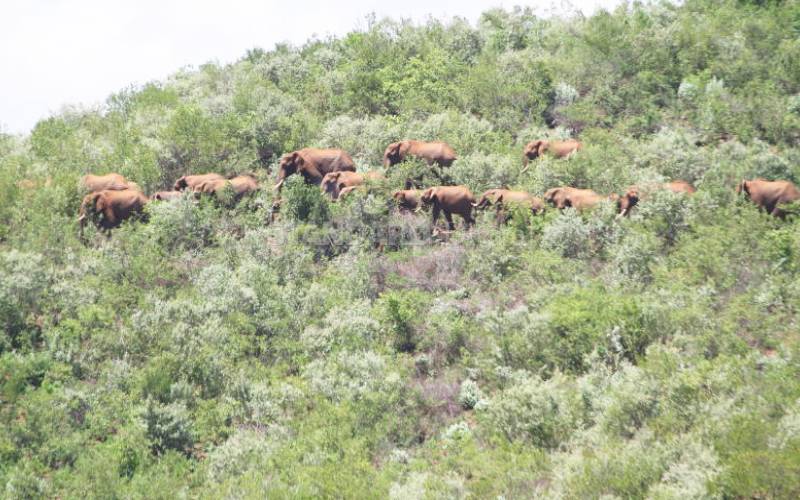×
The Standard e-Paper
Stay Informed, Even Offline

Elephants at Kamosop village in Solai, Nakuru County. [File, Standard]
African countries have regretted that participants at a global forum did not extend full protection for the continent’s elephants.